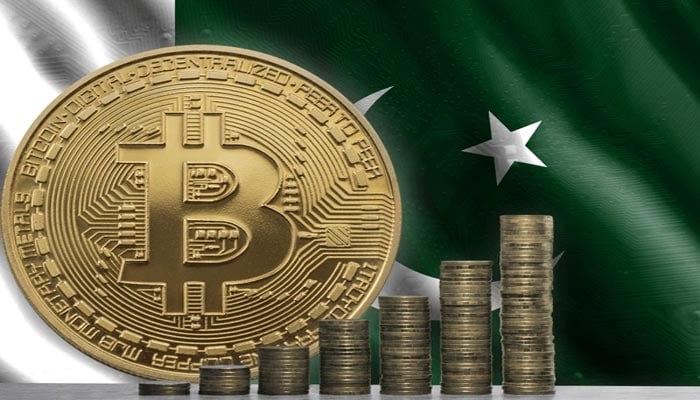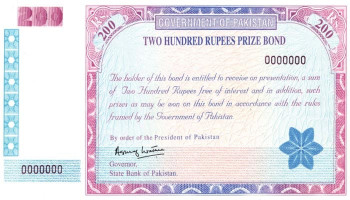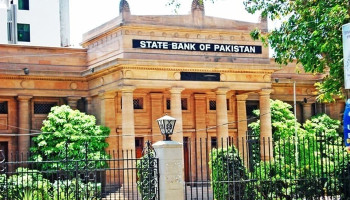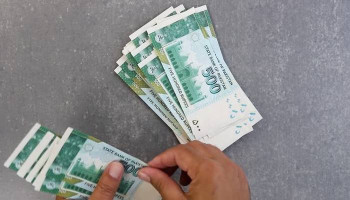
As Pakistan moves toward regularising its stance on cryptocurrency, chief adviser Bilal bin Saqib stated that the Pakistan Crypto Council recognises the country’s strong position as one of the top 10 nations globally in crypto adoption and that the council will work to recognise crypto as a strategic asset.
The Finance Division stated: “Bial’s appointment marks a significant step forward in Pakistan’s commitment to embracing the transformative potential of digital currencies, ensuring financial security, mitigating risks, and effectively assessing the impact of cryptocurrencies on Pakistan’s economy.”
Taking to X (formerly Twitter), Bilal stated: “Moving forward, it will be our priority to recognise crypto as a strategic asset, develop comprehensive and forward-thinking regulatory frameworks, and ensure compliance to position Pakistan as a leader in the digital financial revolution.”
Additionally, he wrote on a recent development in the United States (US) where President Donald Trump signed an executive order on Thursday to establish a strategic bitcoin reserve, a day before meeting with executives from the cryptocurrency industry at the White House.
“The US just made a historic Bitcoin move. The decision to establish a Bitcoin Strategic Reserve marks a pivotal moment for the global economy. It signals a shift in how nations perceive value, moving beyond traditional assets like gold and oil to embrace the digital future,” Bilal noted.
Previously last month, Finance Minister Muhammad Aurangzeb chaired a high-level meeting that was also attended by President Trump’s Advisers for Digital Assets.
In the meeting, the global evolution of cryptocurrency, its increasing adoption, and the regulatory frameworks being implemented internationally were discussed, in line with US government policies, the Finance Division said in a statement then.
“The deliberations focused on financial security, risk mitigation, and the potential impact of digital assets on Pakistan’s economy,” it said.
Aurangzeb highlighted the significance of a well-regulated digital asset framework, aligning Pakistan with international best practices and complying with Financial Action Task Force (FATF) guidelines, according to the statement.
Over 20 million Pakistanis are currently active in the digital asset market, facing significant challenges like high transaction fees, according to the Finance Division.
















